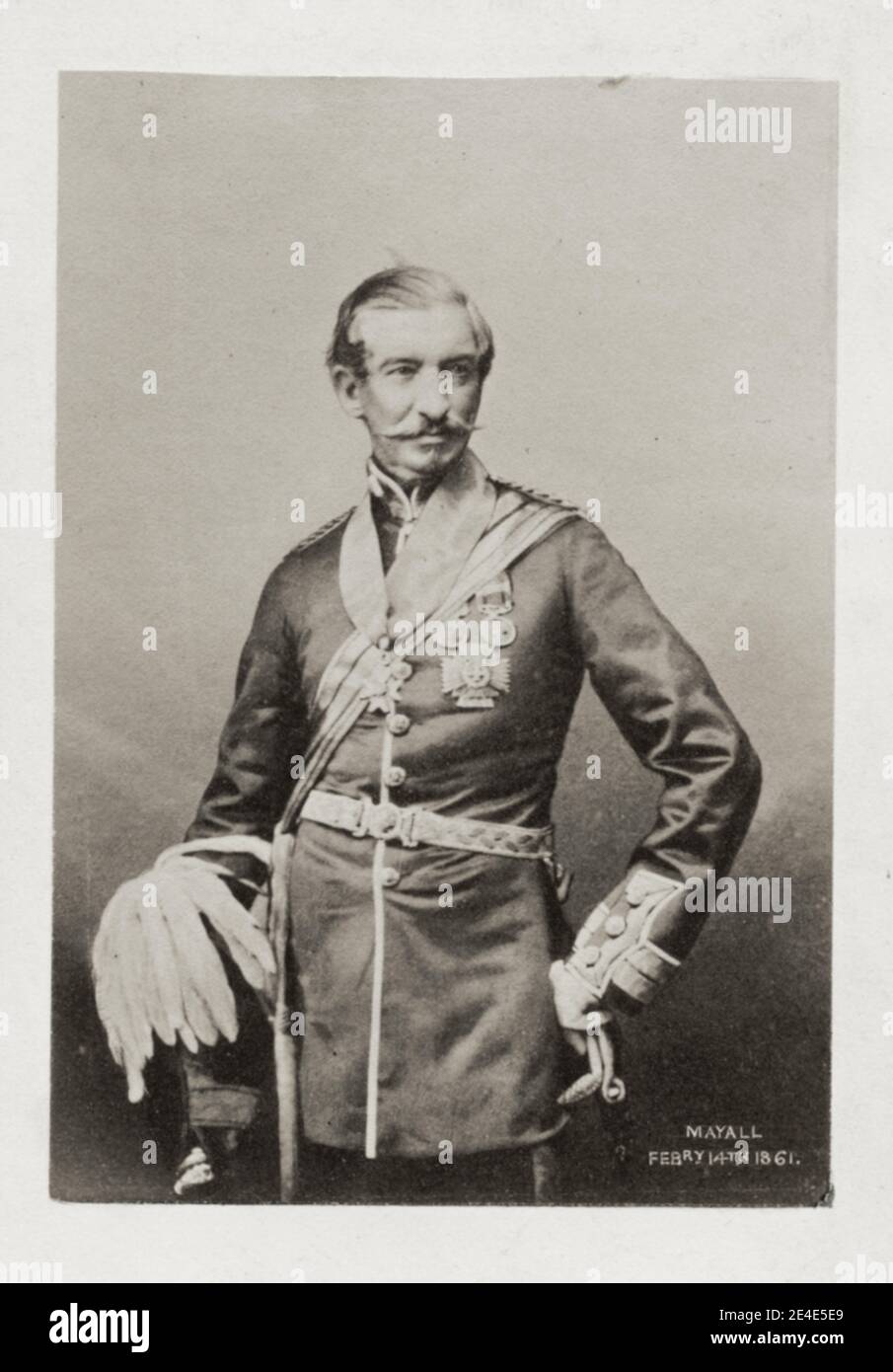Notice: Trying to access array offset on value of type null in /srv/pobeda.altspu.ru/wp-content/plugins/wp-recall/functions/frontend.php on line 698

 The affinity with Wilfrid Sellars lies in Book I of The Nature of Thought, «Thought in Perception», in which Blanshard argues that we normally understand something «as this relatively than that», thus that «the recognition of the common and the positioning it in relation to other universals» are often inseparable from notion (1939: volume I, p. Rather, Blanshard’s idealism is on display screen in Volume II, Book III of his do the job, «The Movement of Reflection», where by he provides his theory of fact. Wilfrid Sellars’s conception of the «space of reasons», taken up in Robert Brandom’s inferentialism, also demonstrates this impulse, though Sellars generally thought of himself, like his father, a scientific realist, and his most explicitly Kantian do the job, Science and Metaphysics (1968), gives what may possibly be regarded as a pragmatist somewhat than idealist spin to Kant’s phenomena/noumena difference, deciphering the noumenal as what would be recognized if science were being complete, an concept clearly encouraged by Charles Sanders Peirce rather than by Kant-even though not completely diverse in spirit from Royce’s plan that the mistake of our certain beliefs can be comprehended only by comparison to a human body of complete and completely accurate beliefs, not to some independent, non-perception truth. Even W.V. Quine, who was a committed physicalist in the sense of believing that other sciences are in theory reducible to physics, yet shared an component of idealist epistemology in his conception of the «web of belief», that is, the thought that understanding is composed in a system of beliefs, from particular observation statements down to logical principles, which faces working experience only as a complete and which can be modified at any position within just it in order to accommodate refractory encounter, as appears to be ideal.
The affinity with Wilfrid Sellars lies in Book I of The Nature of Thought, «Thought in Perception», in which Blanshard argues that we normally understand something «as this relatively than that», thus that «the recognition of the common and the positioning it in relation to other universals» are often inseparable from notion (1939: volume I, p. Rather, Blanshard’s idealism is on display screen in Volume II, Book III of his do the job, «The Movement of Reflection», where by he provides his theory of fact. Wilfrid Sellars’s conception of the «space of reasons», taken up in Robert Brandom’s inferentialism, also demonstrates this impulse, though Sellars generally thought of himself, like his father, a scientific realist, and his most explicitly Kantian do the job, Science and Metaphysics (1968), gives what may possibly be regarded as a pragmatist somewhat than idealist spin to Kant’s phenomena/noumena difference, deciphering the noumenal as what would be recognized if science were being complete, an concept clearly encouraged by Charles Sanders Peirce rather than by Kant-even though not completely diverse in spirit from Royce’s plan that the mistake of our certain beliefs can be comprehended only by comparison to a human body of complete and completely accurate beliefs, not to some independent, non-perception truth. Even W.V. Quine, who was a committed physicalist in the sense of believing that other sciences are in theory reducible to physics, yet shared an component of idealist epistemology in his conception of the «web of belief», that is, the thought that understanding is composed in a system of beliefs, from particular observation statements down to logical principles, which faces working experience only as a complete and which can be modified at any position within just it in order to accommodate refractory encounter, as appears to be ideal.
«in itself» of the physical by declaring that it is composed in innumerable mutually interacting centres of encounter, or, what comes to the same, of pulses and flows of expertise. Thomas Kuhn’s well known conception of «paradigms» of science which are not mechanically rejected due to the fact of refractory proof but are offered up only when an substitute paradigm comes to feel preferable can be witnessed as becoming in the Carnapian custom, as can Hilary Putnam’s «internal realism» of the eighties, and both these positions therefore replicate some of the motives for epistemological idealism. Thus, in distinction to their self-proclaimed revolt in opposition to the idealism of Berkeley and Bradley, the positions of each Moore and Russell are by no indicates cost-free of attributes that hook up them instead closely to well acknowledged currents in modern idealism and these features, above all the supposition that knowers may be immediately presented with some types of informational atoms, irrespective of whether homes, feeling-data, or whatever, but that all additional understanding, or all knowledge beyond instant acquaintance, involves constructive functions of the brain, are common all over a good offer of latest philosophy. Peak chart positions for singles in Australia: — All except «She’s a Bitch», «1 Minute Man», «Cold Rock a Party», «Son of a Gun (I Betcha Think This Song Is About You)» and «Work»: «Discography Missy Elliott».
However, one mid-twentieth century philosopher who experienced no qualms about pinpointing himself as an idealist was Brand Blanshard (1892-1987). The distinction in between Blanshard and lots of of the mid-twentieth century analytic philosophers is precisely that Blanshard accepted the assumption that there need to be a needed isomorphism in between awareness and its object, and so was not content material to posit a little something serious exterior of the web of belief or house of good reasons, but brought fact into the realm of imagined. Blanshard was an undergraduate at the University of Michigan, then won a Rhodes scholarship to Merton College, Oxford, where his tutor was H.W.B. Here Blanshard evinces the premise that information need to be isomorphic with the recognized that underlies several arguments for idealism. But he also argues that information or imagined have to be component of a single system with its object, the world, (1939: vol. William Shakespeare, Henry IV, Component I (c. To guard this, or to assail us, a compact component only of their naval pressure will at any time be risqued across the Atlantic. If our account of the stop is acknowledged, it will be found to throw light-weight backward by yourself the complete system of the inquiry. For it offers the objective which believed, from its initial stirrings in perception, has a lot more or considerably less unknowingly been searching for, the conclude potential in each individual idea, the complete implicitly at do the job at each phase in the movement of reflection, exercising its steady stress versus irrelevant excursions and toward the completion of fragmental awareness into steady procedure.
II, p. 292), which, considering the fact that information is incontrovertibly mental, pushes the complete method in that direction. Neo-Kantianism in flip motivated the broader stream of analytic philosophy by means of the particular person of Rudolf Carnap, whose Logical Construction of the World (1928) analyzes awareness in conditions of relations manufactured on perceived similarities in attributes of objects, therefore using a subjectivist commencing-position and then including constructive routines of the intellect to it-a form of epistemological idealism. In so-referred to as «continental» philosophy, we may well recommend, the key different to the idealism of the nineteenth century and lingering tendencies to idealism in each Neo-Kantianism and Husserlian phenomenology has not been any uncomplicated sort of realism, but alternatively the «life philosophy» (Lebensphilosophie) pioneered by Wilhelm Dilthey (1833-1916), then thoroughly designed by Martin Heidegger (1889-1976), and, without having Heidegger’s political baggage, by the French philosopher Maurice Merleau-Ponty (1908-1961). The central idea of this solution to philosophy is that the commencing-point of thought and know-how is neither nearly anything «subjective» like feeling-information or tips nor anything merely objective like the objects of science, but the lived knowledge of «being-in-the-world», from which the two the «subjective» these types of as feeling-details and the «objective» these types of as objects theorized by science are abstractions or constructions created for Sexcamscom.Com specific uses, but which must not be reified in any way that produces a difficulty of having from 1 facet to the other, allow by itself any possibility of lessening a person aspect to the other and thus ending up with a option involving idealism and realism.
